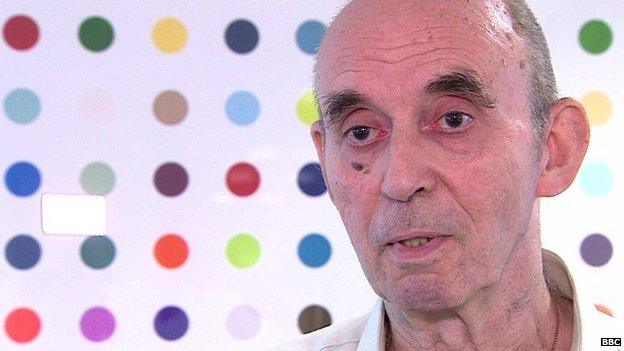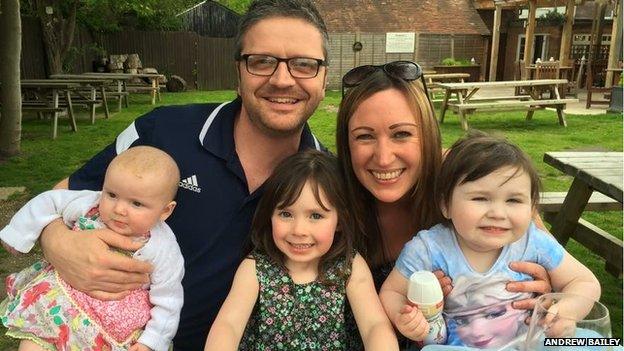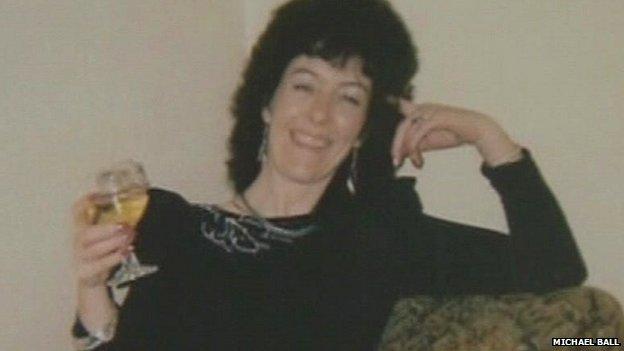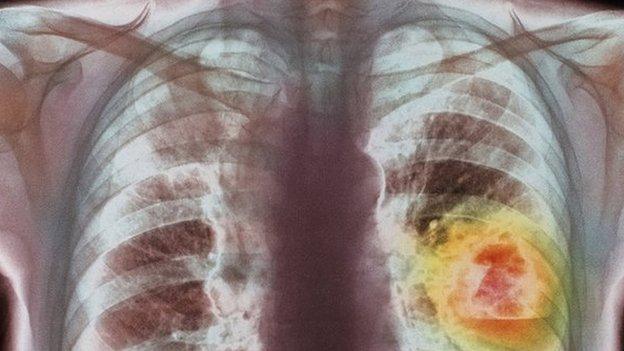Your stories: The difference a cancer diagnosis makes
- Published
NICE, the National Institute for Health and Care Excellence, has offered guidelines aimed at speeding up cancer diagnoses in England.
The advisory body estimates 5,000 lives could be saved each year if GPs follow the new recommendations.
In some cases GPs will now be able to order medical tests directly, circumventing any potential wait for specialists.
Here, four people recount their experiences of diagnosis, from the benefits to the delays.


David credits seeing his GP as a reason for being alive.
David Martin was diagnosed with bladder cancer about 15 years ago and credits his early referral and diagnosis for successfully beating the disease.
"I noticed one morning that I had blood in my urine. It was gone the next day and I don't think such things should be ignored so thought I should get it checked by my GP.
If I hadn't, it might have been some time before it reappeared and the cancer would have been more advanced and potentially more difficult to treat.
I'm thankful that I chose to see my GP and that he quickly realised it might be serious and referred me on for specialist tests.
It's a major reason why I am still here today.
An early referral can really help to make a difference!"


Lana (far right) had her tumour misdiagnosed by several doctors.
Andrew Bailey took his daughter to the United States for treatment for a brain tumour in 2014.
"It took over five months of misdiagnoses before we found out that our then 14-month-old daughter had an ependymoma brain tumour.
It still seems shocking to us how long we had to fight to be taken seriously, and how obvious symptoms were overlooked time and time again by GPs and paediatric specialists, with no-one seemingly able to draw an obvious conclusion from a range of concurrent and consecutive symptoms.
Week after week we were told 'It's just a virus', 'It's just a virus'.
If it had been diagnosed early, among other things, she certainly wouldn't have suffered acute hydrocephalus [a build up of fluid on the brain] and had needed a shunt for the rest of her life.
In the end we went for therapy in the United States. There's been no evidence of the disease for a year."


Michael told the BBC doctors should not be "afraid to think" somebody may have cancer.
Michael Ball lost his wife to cancer and believes doctors should be bolder in accepting the potential for cancer being present in a patient.
"My wife died one week after her 46th birthday in July 2002. It still sticks in my throat.
She was wrongly diagnosed and the doctor ignored her complaint as, at 36 years old, she was too young to have cancer, he said, despite her mother dying of cancer when my wife was a child, and four of her sisters now having cancer.
My wife is from the Republic of Ireland, both her and her other sister living in England died of cancer.
Three others with cancer still living in Ireland all survived, the first had a breast removed in 1995."
Interviews have been amended from previous version. By Richard Irvine-Brown
- Published23 June 2015
